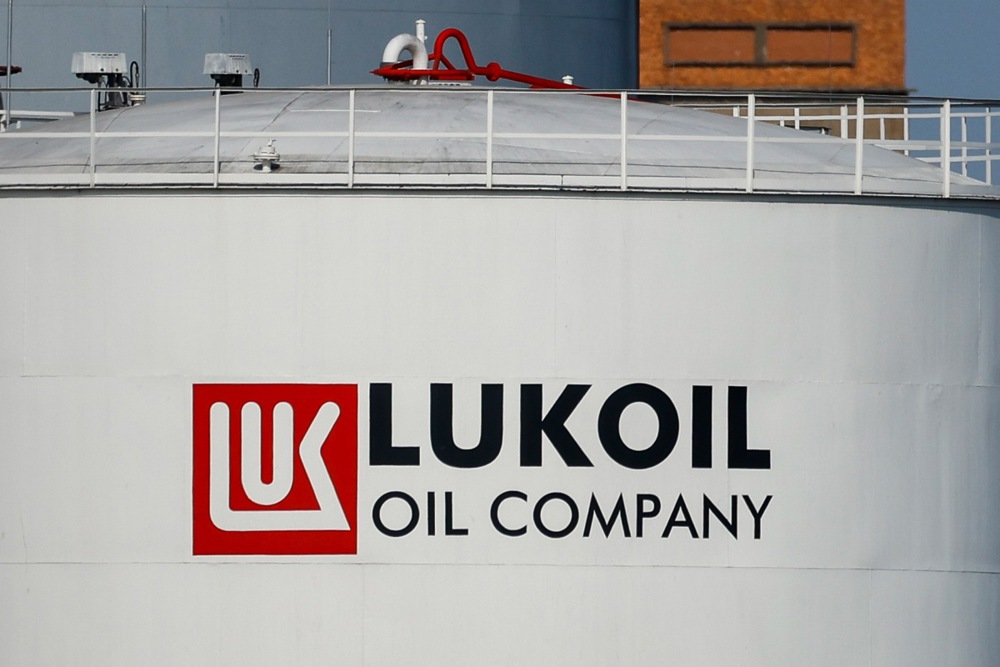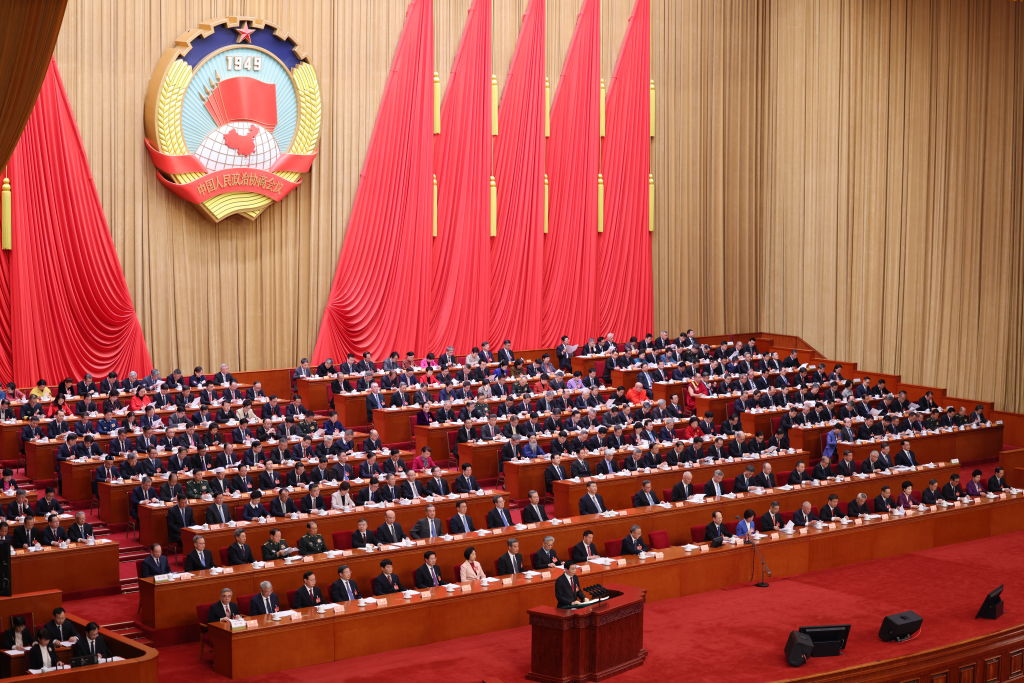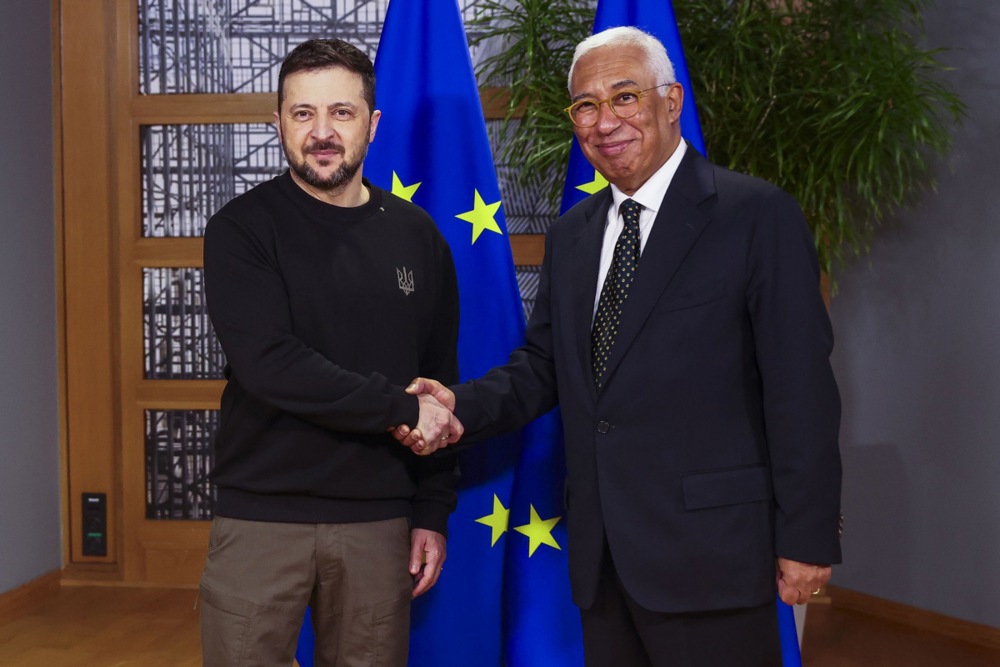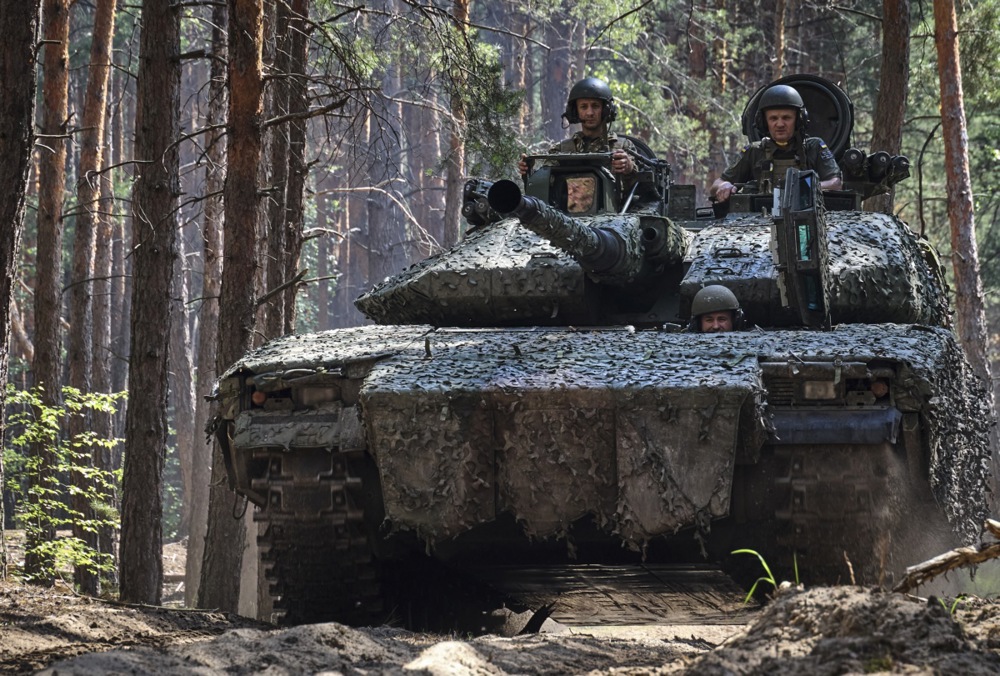Slovakia Prime Minister Robert Fico has announced possible retaliatory measures against Ukraine after Kyiv halted the flow of Russian gas to his country.
In a video statement shared on Facebook on January 2, Fico revealed that in response, his Smer party might consider cutting electricity exports to Ukraine and reduced aid for Ukrainian refugees.
He demanded either the resumption of gas transits or compensation for financial losses resulting from the termination of Russian gas flows.
Russian gas exports through Soviet-era pipelines crossing Ukraine stopped on New Year’s Day, ending decades of Moscow’s energy dominance in Europe after a transit contract between Russia and Ukraine expired.
Fico warned that Slovakia faced significant revenue losses from lack of transit fees and additional costs to import non-Russian gas. He also predicted that European energy prices would rise due to Ukraine’s decision.
He stated that a Slovak delegation would address the issue in Brussels on January 7 before his coalition discussed measures to combat what he termed “sabotage” by Ukrainian President Volodymyr Zelensky.
“My Smer-SSD party is ready to debate and agree within the coalition on halting electricity supplies and significantly reducing support for Ukrainian citizens in Slovakia,” Fico said.
“The only alternative for a sovereign Slovakia is either the renewal of transit or the establishment of compensation mechanisms to cover nearly €500 million [lost] in public financial losses.”
According to its latest publicly available data, Eustream, Slovakia’s state-majority-owned gas transit network operator, reported revenue of €158 million and a post-tax profit of €25 million for the six months ending January 31, 2024.

On January 1, Slovak state-owned gas importer SPP, which meets about two-thirds of the country’s gas demand, said replacing all Russian gas this year could result in additional costs of around €90 million, primarily in transit fees.
Data from Slovakia’s grid operator showed that the country exported 2.4 million megawatt hours of electricity to Ukraine in the first 11 months of 2024, helping it manage energy shortages caused by Russian airstrikes.
European Commission officials have yet to comment publicly on Slovakia’s proposed retaliation.
Slovakia’s decision to escalate tensions with Ukraine may complicate the broader EU energy policy, which has aimed to diversify gas supplies and reduce dependency on Russia.
Zelenskiy dismissed Fico’s accusations, insisting that the termination of Russian gas flows was a direct consequence of the expired transit agreement with Russia rather than any deliberate sabotage.
Ukrainian officials have also highlighted their country’s ongoing struggles with energy shortages and infrastructure damage caused by Russian attacks.
Qatar’s energy minister Saad al-Kaabi has threatened to cut supplies of liquefied natural gas (LNG) to the European Union over its recently implemented Corporate Sustainability Due Diligence Directive legislation. https://t.co/TtxMPBhvAo
— Brussels Signal (@brusselssignal) December 29, 2024





